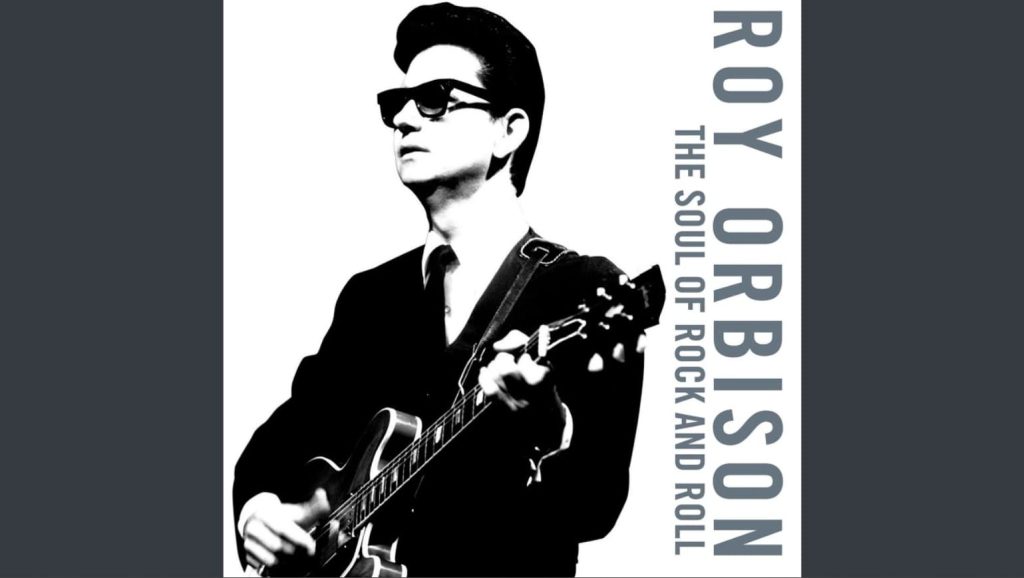
Roy Orbison – “I Drove All Night”: A Testament to Passion and Obsession
“I Drove All Night,” though not released during Roy Orbison’s lifetime (it came out in 1992, four years after his death), stands as a powerful testament to his enduring artistry. Originally written for Orbison by Billy Steinberg and Tom Kelly (the duo behind hits like “Like a Virgin” and “Eternal Flame”), the song perfectly encapsulates his signature style of dramatic vocals and emotionally charged lyrics. While other artists have recorded the song, Orbison’s version carries a unique weight, imbuing it with a sense of desperate longing and almost obsessive devotion. This analysis will examine the musical elements, lyrical themes, and the unique context surrounding this posthumous release.
“I Drove All Night” is a power ballad characterized by its driving rhythm, soaring vocals, and dramatic instrumentation. The song builds gradually, starting with a relatively subdued opening and escalating to a powerful, emotionally charged chorus. The use of electric guitars, keyboards, and a strong drumbeat creates a sense of urgency and momentum, mirroring the relentless drive described in the lyrics.
The song’s structure is fairly conventional for a power ballad, but it’s the execution that sets it apart. The arrangement is meticulously crafted, with each instrument contributing to the overall sense of drama and intensity. The backing vocals, particularly during the chorus, add a layer of depth and harmony, enhancing the song’s emotional impact. The guitar solos, while relatively brief, are impactful and contribute to the song’s overall energy.
The lyrics of “I Drove All Night” tell a story of intense desire and unwavering commitment. The narrator describes driving through the night, fueled by an overwhelming need to be with their loved one. The lyrics are filled with vivid imagery, painting a picture of a relentless journey driven by passion. Lines like “I drove all night to get to you” and “I was burning, was I burning?” convey a sense of desperate longing and almost obsessive devotion.
While the lyrics are relatively straightforward, they resonate deeply due to the raw emotion conveyed in Orbison’s vocal performance. The song captures the feeling of being completely consumed by love, willing to go to any lengths to be with the object of one’s affection. This theme of unwavering devotion is a common thread in many of Orbison’s songs, but “I Drove All Night” takes it to a new level of intensity.
What makes Orbison’s version of “I Drove All Night” particularly poignant is the context of its release. Recorded shortly before his death in 1988, the song was released posthumously in 1992. Knowing this adds a layer of melancholy and reflection to the listening experience. The raw emotion in Orbison’s voice feels even more profound, as if he’s singing from beyond the grave, expressing a timeless message of love and devotion.
His vocal performance is nothing short of masterful. He delivers the lyrics with a raw intensity and vulnerability that is both captivating and heartbreaking. His signature vibrato and soaring falsetto are on full display, adding to the song’s dramatic impact. It’s a performance that showcases his incredible vocal range and his ability to convey deep emotion through his singing.
While other artists, notably Celine Dion, have had success with “I Drove All Night,” Orbison’s version remains the definitive rendition. It’s a powerful reminder of his unique talent and his ability to connect with listeners on a deeply emotional level. The song’s enduring appeal lies in its universal themes of love, longing, and devotion, amplified by Orbison’s unforgettable vocal performance and the poignant context of its posthumous release. It stands as a powerful final statement from a true musical legend.